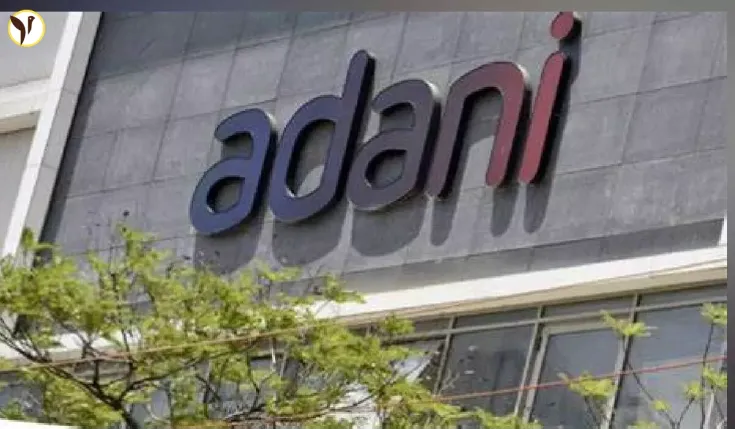Gautam Adani: A Rollercoaster Week in the Markets
The Indian stock market experienced a dramatic surge on Monday, with the Sensex reaching a new high for 2025. This impressive rise was significantly influenced by the performance of Adani Group stocks, fueled by reports of Gautam Adani's representatives meeting with US officials regarding a bribery probe. This article delves into the details of this market movement, the ongoing legal challenges facing Gautam Adani, and the implications for investors.
Market Surge and Adani's Influence
The BSE Sensex soared by 294.85 points, closing at 80,796.84—its highest point in 2025 so far. This followed a strong Friday where Foreign Institutional Investors (FIIs) poured in Rs 2,769.81 crore, continuing a positive trend that saw April record the first positive inflow in three months. A drop in global crude oil prices further boosted investor sentiment.
However, it was the performance of Adani Group stocks that truly captured attention. Adani Ports surged by 6.29%, leading the rally. Other Adani Group companies, including Adani Enterprises, Adani Power, and Adani Green Energy, also experienced significant gains. This surge is directly linked to reports suggesting that Gautam Adani's representatives held talks with US officials aiming to resolve criminal charges related to a bribery investigation.
- Adani Ports: 6.29% increase
- Adani Enterprises: Significant gains
- Adani Power: Strong positive movement
- Adani Green Energy: Substantial increase
While other Sensex gainers included Bajaj Finserv, Mahindra & Mahindra, and Tata Motors, the banking sector showed weakness, with Kotak Mahindra Bank and SBI reporting profit declines and experiencing share price drops.
Gautam Adani and the US Bribery Probe
Gautam Adani, chairman of the Adani Group, and his nephew, Sagar Adani, face serious allegations. The US Department of Justice (DOJ) indicted them on charges of offering bribes to secure solar energy contracts in India, alongside accusations of securities fraud and violations of the Foreign Corrupt Practices Act (FCPA). The Securities and Exchange Commission (SEC) filed a parallel civil suit. The Adani Group vehemently denies all allegations.
Reports indicate that Adani's representatives have been actively engaged in discussions with US officials, hoping to resolve these charges. These discussions, which reportedly started earlier this year, have intensified in recent weeks, and sources suggest a potential resolution within the month. The strategy appears to be based on arguing that the case doesn't align with the current US administration's priorities.
The Adani Group's aggressive legal strategy, employing prominent US law firms like Kirkland & Ellis and Quinn Emanuel Urquhart & Sullivan, underscores the seriousness with which they're tackling these accusations. Adani Green Energy, in an April statement, also stated that an internal review found no evidence of wrongdoing.
Market Outlook and Investor Sentiment
The market's positive momentum is partly attributed to continued foreign inflows and strong GST collections. However, experts suggest a shift towards stock-specific and sector-specific performance based on individual company results. The outcome of the US bribery investigation will undeniably play a major role in shaping investor sentiment towards Adani Group companies in the coming weeks and months. While the recent rally is encouraging, investors should maintain a cautious outlook until the legal situation becomes clearer.
Conclusion
The recent surge in the Indian stock market, particularly the strong performance of Adani Group stocks, is a complex story interwoven with both positive economic indicators and ongoing legal challenges. While the reports of negotiations regarding the US bribery probe have undeniably boosted investor confidence, the situation remains fluid. The coming weeks will be crucial in determining the long-term impact of these legal developments on Gautam Adani, his companies, and the Indian market as a whole. Investors should carefully monitor updates and assess their risk tolerance accordingly.






